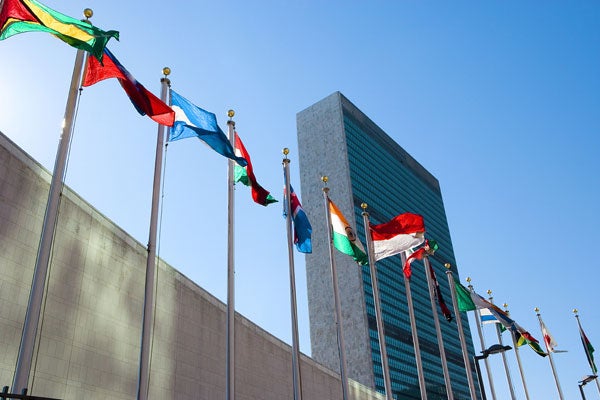Governments eager to use the recently concluded International Telecommunication Union (ITU) conference to bolster their efforts to censor and govern the Internet successfully inserted a provision to aid their cause. Although the Obama Administration is known to support most international treaties, this proved to be a bridge too far. As one article summarized:
The US, UK, Canada and Australia walked away from negotiations on Thursday, over fears that the finalised text of the new ITRs could be interpreted as giving the ITU, a UN agency, control over elements of the internet. This was in turn seen as a way of giving governments greater powers of censorship.
This decision was correct. As recommended by The Heritage Foundation prior to the conference:
The U.S. must articulate clear red lines and, if they are crossed, be willing to walk away. Protecting the vitality and viability of the Internet is preferable to signing on to a compromise agreement that violates key principles and undercuts the framework that has contributed to its success.
Unfortunately, the ITU agreement likely paves the way for multiple regulatory frameworks for the Internet, which will hinder its growth and reach. This is a disappointing outcome. But a far worse one would have been for the U.S. to compromise key principles and undercut the framework that has contributed to the Internet’s success by supporting this decision.
If individual countries choose to balkanize and impose repressive regulatory control, America cannot stop them.America’s priority is to protect the vitality and viability of the Internet for its citizens and those in other like-minded nations.
























